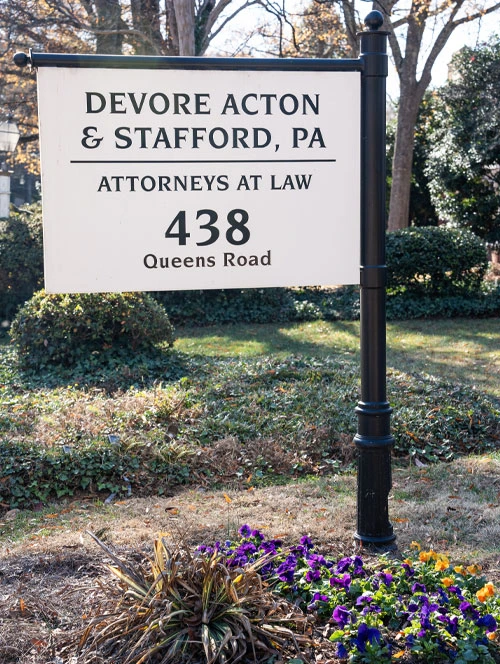What happens in a collision with an uninsured driver?

North Carolina requires drivers to carry a certain amount of auto liability insurance. If you experience bodily injury or property damage in an accident caused by another driver, his or her liability policy covers your costs up to their policy limit.
When you have this type of accident with an uninsured driver, follow these steps to seek legal compensation.
Get medical help
Care from a doctor is the first priority after an auto accident. Call 911 so paramedics can provide first aid at the scene and transport you and other parties to the emergency room if necessary.
Call the police
Always notify law enforcement when an auto accident occurs. You should make a report even if the other driver asks you not to do so. You will need a police report for insurance and legal purposes.
File an uninsured motorists claim
North Carolina recommends but does not require drivers to carry uninsured motorists coverage. This type of policy covers your costs in an accident with an at-fault driver who does not have insurance. Filing a claim with your UM insurance carrier will result in a settlement up to your policy limit.
File a personal injury lawsuit
In North Carolina, you can sue an at-fault driver for costs related to your injury, including medical expenses, lost wages and nonmonetary costs such as pain and suffering. However, the state abides by contributory negligence standards. Under this law, you cannot recoup any costs in a lawsuit if you have any level of fault for the accident. For example, if a drunk driver ran a red light and hit your vehicle but your headlights were out, the court could find you partially responsible because of the lack of visibility.
Because of this high standard, you must gather comprehensive evidence supporting your case. Required proof of fault will include your medical bills, medical records, police reports, witness testimony, photographs of the accident scene and video footage of the scene if available.

request your consultation
"*" indicates required fields


